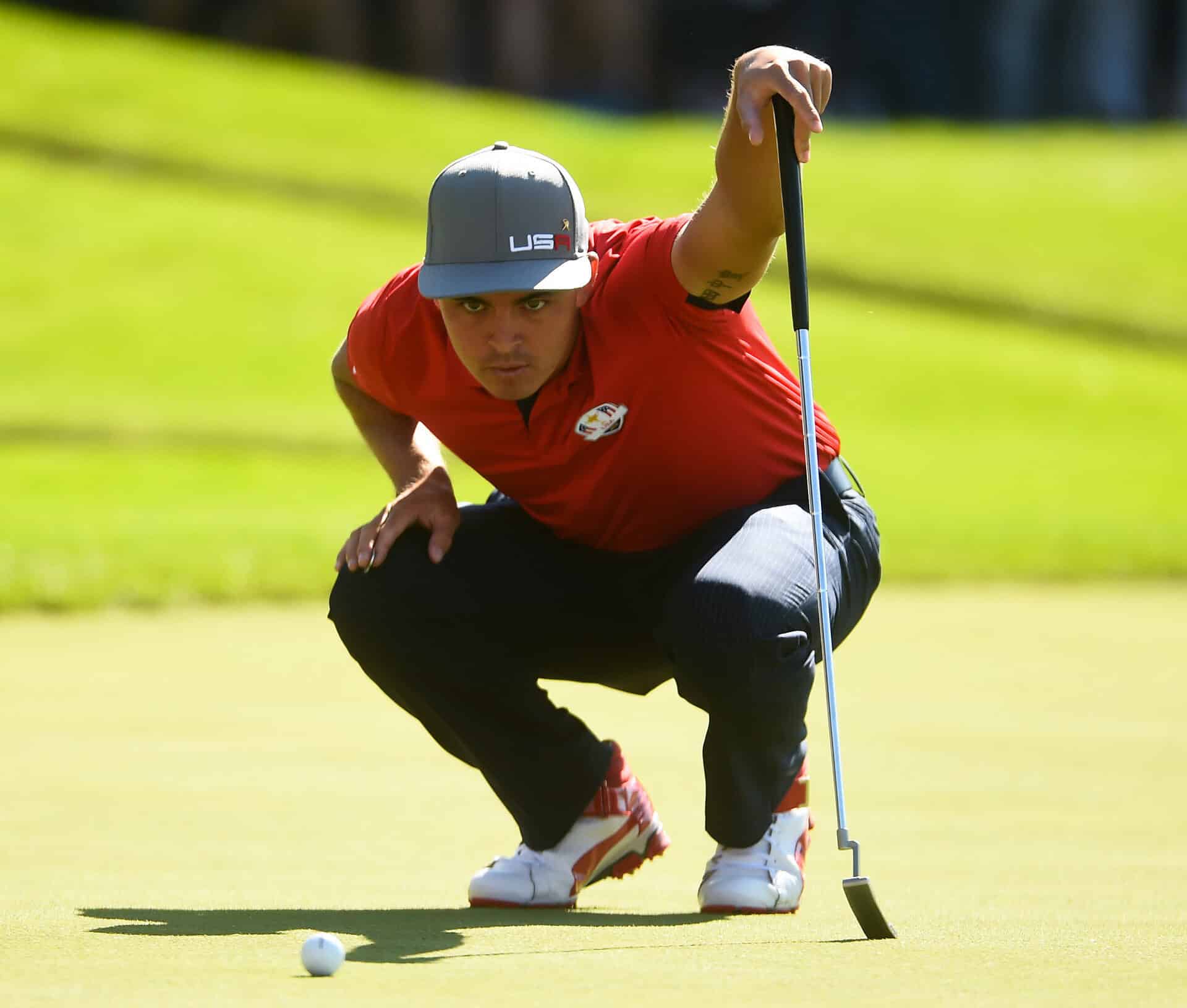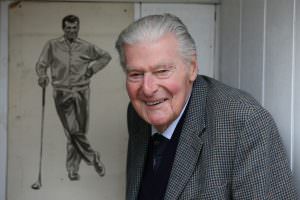
What we can learn from Burnley, cycling and the Super League
As a lifelong football fan, the season just gone has been a mixed bag of emotions. My own team, Manchester United, produced a pretty lifeless string of performances, FA Cup aside.
They seem to be a team, to this outside observer, tied up in too many technical knots of instruction. Too many players looked like they where thinking about playing football as opposed to being free to play and just reacting to what is in front of them.
However, my adopted second team, Burnley, got gloriously promoted back to the Premier League as champions on the back of a superb unbeaten run dating back to Christmas.
I have a vested interest in Burnley as for the last couple of years I have worked personally with a couple of their first team players – midfielder David Jones and goalkeeper Tom Heaton, who has also been in the last few England squads, no mean feat for a player in a Championship side.
The reason I mention this football story is because I firmly believe we can all benefit by looking outside of the constraints of our own sport to make progress.
Ironically, the two footballers have found some of the work I have done with golfers to be of benefit in football. They have been able to cross over an aspect of another sport and bring it back to their own game.
In particular, Tom Heaton as a goalkeeper could relate to the skill of golfers being able to switch on and off during a five-hour round when you are only actually playing the game itself for a matter of a few minutes.
Often a goalkeeper will be quiet for a good part of the game then suddenly be called into action and need to make a critical save.
I also read recently that the British cycling team of sports scientists had exchanged ideas with their counterparts at Leicester City, who have had a reasonable season!

I have also worked with a number of Super League rugby players over the years and one aspect that has always stood out for me is how each individual player needs to find his best way of preparing for a game just before the start.
Some players turn up super early before kick-off; some turn up right on the time limit. Some players sit quietly visualising what they intend to do in the game in front of them while some players are bouncing around with music booming through their earphones.
The key is they are part of a team but they obviously recognize their own unique individual requirements to give themselves the best chance out on the field of play.
They do what they need to do to be ready. It is very easy in golf to follow the latest fad and go along with what others are doing in your own sport.
If there is one thing I have learned in over 25 years of coaching it is that you need to find out what works for you as an individual. Become a detective for what is best for you.

I often say success leaves a trail behind it but we often don’t bother to look over our shoulder to see what we have done that contributed to our success.
That is why coaching is so very important, so that you have somebody with you that can help you look at and find out what is best for you as an individual.
Great coaches don’t just prescribe a set way of doing things, they work with you to find your best way of doing things.
They help you to keep doing what works and eliminate what doesn’t and often this involves thinking outside the boundaries of what others are doing and being brave enough to plough your own unique furrow.
Often though we don’t see the system when we are in the system, we just keep doing what we are doing because others are doing the same thing.

Make sure you are working with a coach who is prepared to look at you as an individual and if that means working on your game in a way that is very different than others then so be it.
Take a look around at other sports, look at other ideas, be willing to give yourself the permission to be different than the crowd around you.
Above all, work with someone who helps you find your way and not so much the usual way.
Tom Irwin

Tom is a lifetime golfer, now over 30 years playing the game. 2023 marks 10 years in golf publishing and he is still holding down a + handicap at Alwoodley in Leeds. He has played over 600 golf courses, and has been a member of at least four including his first love Louth, in Lincolnshire. Tom likes unbranded clothing, natural fibres, and pencil bags. Seacroft in Lincolnshire is where it starts and ends.









